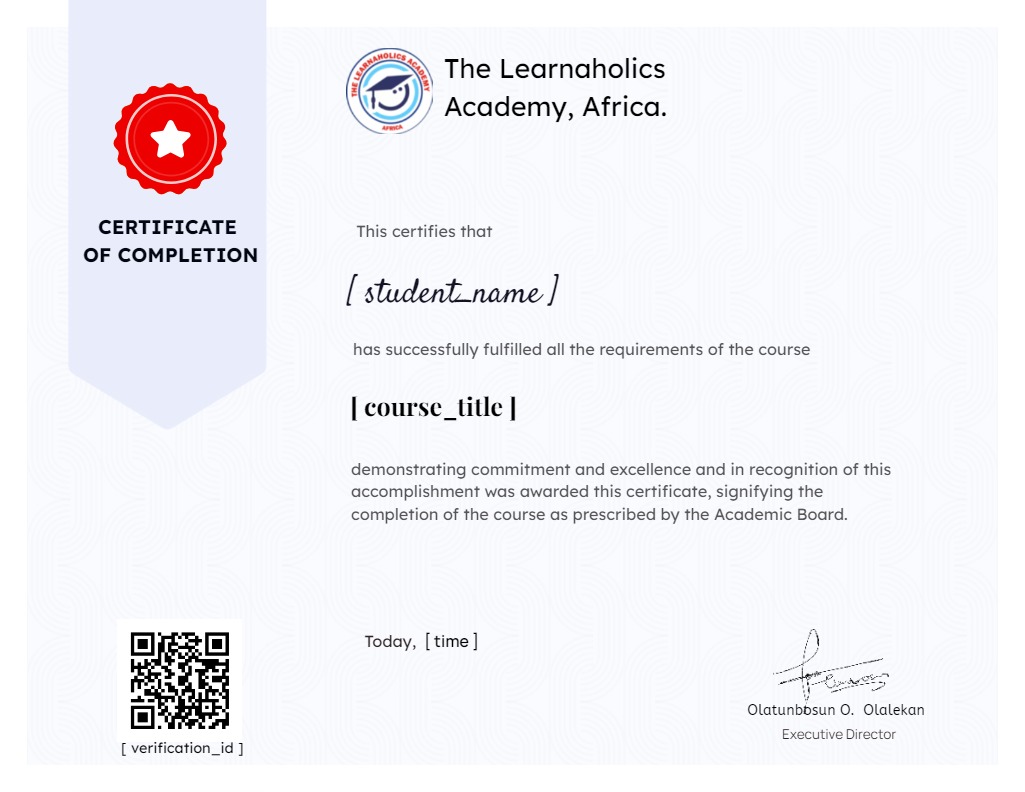Currently Empty: NGN0.0
About Course
In the rapidly evolving landscape of media, understanding International Media Law and Ethics is crucial for navigating the complex interplay between freedom of expression and regulatory frameworks. This course offers a comprehensive exploration of key principles governing media law, including the impact of international human rights instruments on media practices and the legal challenges posed by emerging digital technologies. Students will delve into the regulation of media content, examining issues such as censorship, privacy, and hate speech across different jurisdictions. By analyzing case studies and current trends, participants will gain practical insights into media ownership dynamics, the ethical responsibilities of journalists, and the implications of global political changes on media law. Whether you are a media professional, legal practitioner, or policy maker, this course equips you with the knowledge to address contemporary issues in media law and uphold ethical standards in a digital age.
Course Content
International Media Law And Ethics
Introduction to International Media Law
00:00Freedom of Expression and Media Rights
00:00Regulation of Media Content
00:00Media Ownership and Control
00:00Intellectual Property Rights and Media
00:00Ethics in Journalism and Media Practices
00:00International Media and Human Rights
00:00Media Law and Technology
00:00Cross-Border Media Issues
00:00Future Trends and Reforms in Media Law
00:00Assessment
Earn a certificate
Add this certificate to your resume to demonstrate your skills & increase your chances of getting noticed.

Student Ratings & Reviews

No Review Yet



